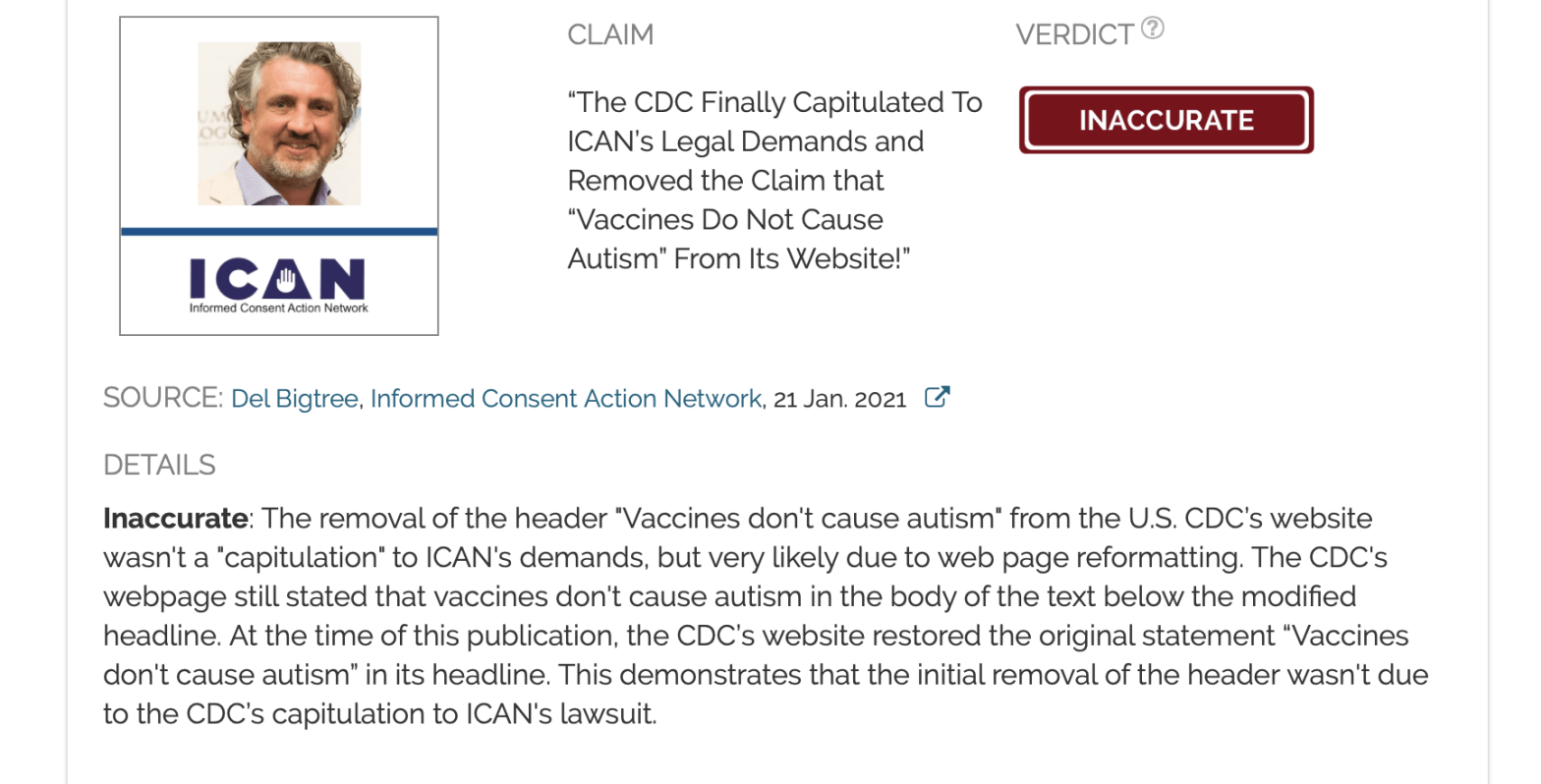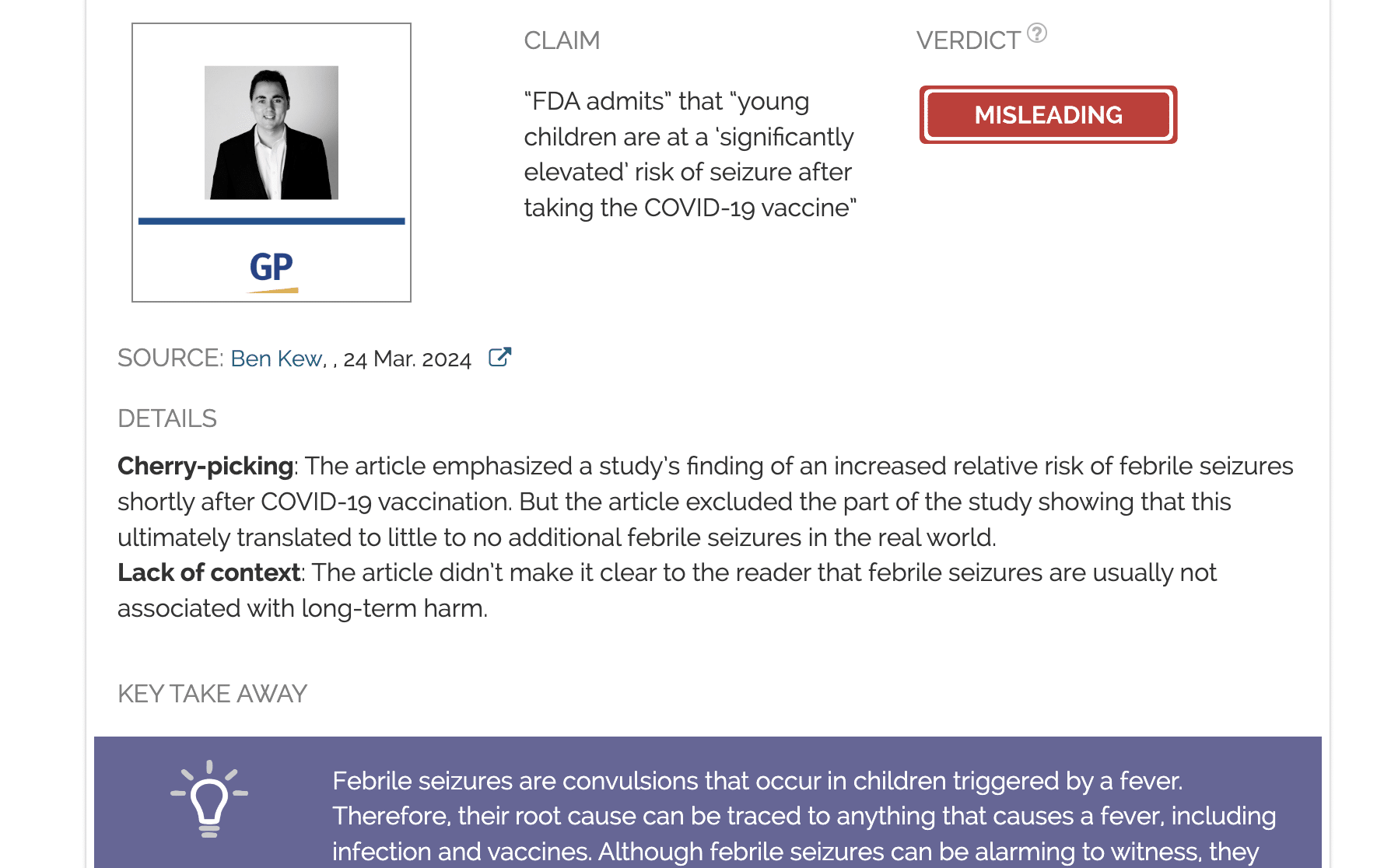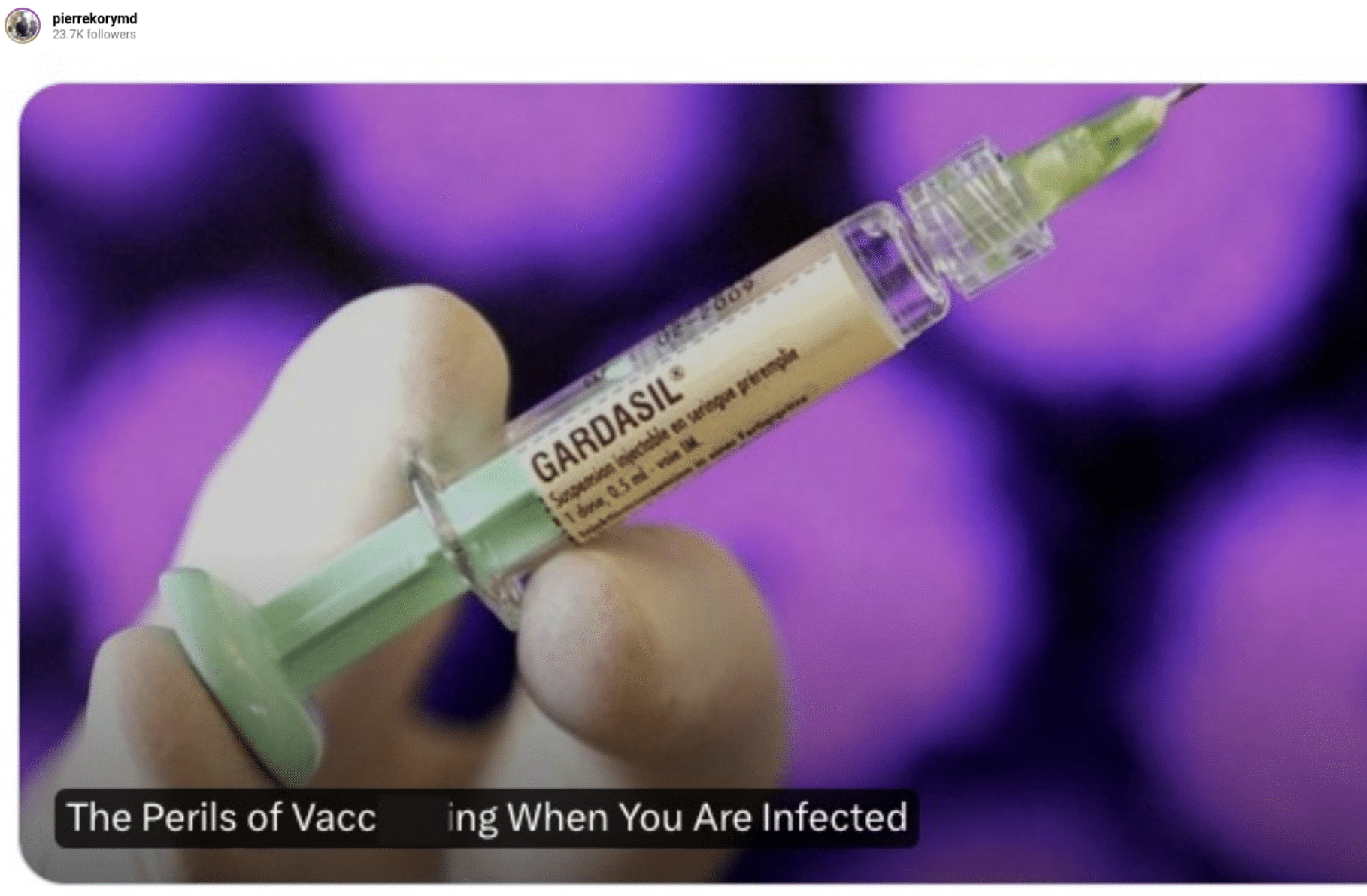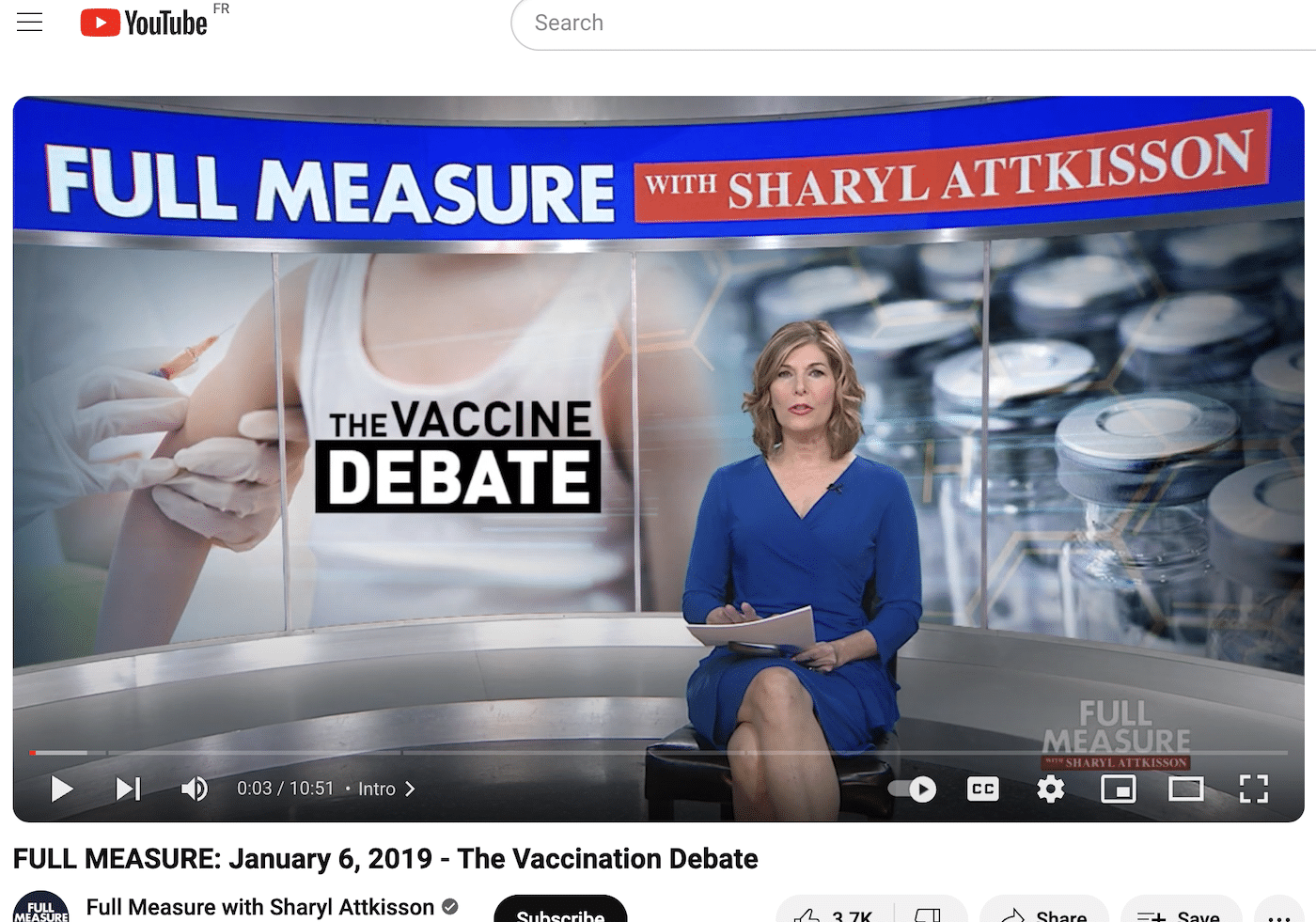- Health
There is no evidence that vaccines cause autism; the U.S. CDC didn’t change their stance on the subject
Key takeaway
Vaccines are safe and effective. Although they are commonly associated with some side effects, such as fever and headaches, these effects are generally mild and short-lived. The benefits of vaccines outweigh their risks. Scientific studies have shown that vaccines are not associated with autism and this is still clearly stated on the CDC’s website.
Reviewed content

Verdict:
Claim:
“The CDC Finally Capitulated To ICAN’s Legal Demands and Removed the Claim that “Vaccines Do Not Cause Autism” From Its Website!”
Verdict detail
Inaccurate: The removal of the header "Vaccines don't cause autism" from the U.S. CDC’s website wasn't a "capitulation" to ICAN's demands, but very likely due to web page reformatting. The CDC's webpage still stated that vaccines don't cause autism in the body of the text below the modified headline. At the time of this publication, the CDC’s website restored the original statement “Vaccines don't cause autism” in its headline. This demonstrates that the initial removal of the header wasn't due to the CDC’s capitulation to ICAN's lawsuit.
Full Claim
“The CDC Finally Capitulated To ICAN’s Legal Demands and Removed the Claim that “Vaccines Do Not Cause Autism” From Its Website!”, “CDC removes claim ‘Vaccines do not cause autism’”, “Following ICAN Lawsuit, CDC Removes Claim ’Vaccines Do Not Cause Autism’ from its Website”
Review
On 21 January 2021, the Informed Consent Action Network (ICAN), an organization founded by Del Bigtree that opposes vaccines, published an article claiming that the U.S. Centers for Disease Control and Prevention (CDC) “finally capitulated to ICAN’s legal demands and removed the claim ‘Vaccines do not cause autism’ from its website!” The web page that ICAN refers to can be found here. ICAN’s article received more than 5,000 interactions and more than 1,800 shares on Facebook, while Bigtree’s video that also propagated the claim received more than 4,900 interactions and more than 1,200 shares on Facebook, according to the social media analytics tool CrowdTangle. In addition, hundreds of posts repeated the claim on social media.
The claim is inaccurate and misleading. Although the CDC modified a header reading “Vaccines do not cause autism” from its web page at one point, it wasn’t in response to ICAN’s demands. Indeed, as this article by law professor Dorit Rubinstein Reiss pointed out, the web page still retained the statement, “There is no link between vaccines and autism”. The web page also stated, “Some people have had concerns that Autism Spectrum Disorder (ASD) might be linked to the vaccines children receive, but studies have shown that there is no link between receiving vaccines and developing ASD.” The take-home message from the CDC’s web page is that vaccines don’t cause autism.
In other words, ICAN’s claim that the CDC “capitulated” to its demand to remove the statement “Vaccines do not cause autism” from its web page, with the implication that the CDC changed its stance on the matter, is false and based solely on a slight alteration to web page’s content. The claim fails to mention the overall message on that web page. The CDC later modified the web page, restoring the initial header “Vaccines do not cause autism”.
Numerous studies have demonstrated that vaccines don’t cause autism, as explained in this Insight article and this review by Health Feedback. The U.S. National Academies of Sciences, Engineering, and Medicine stated that “Vaccines do not cause autism” based on a review of the scientific literature, they conclude “None of these studies show any links between vaccines and autism”.



